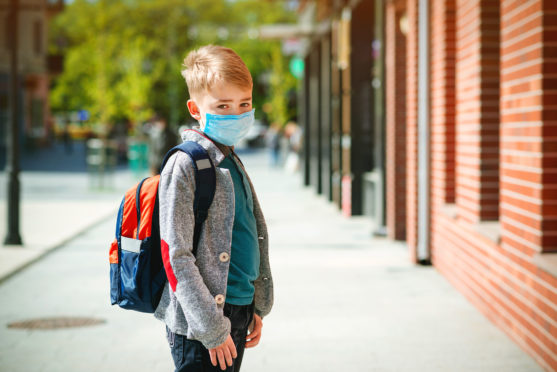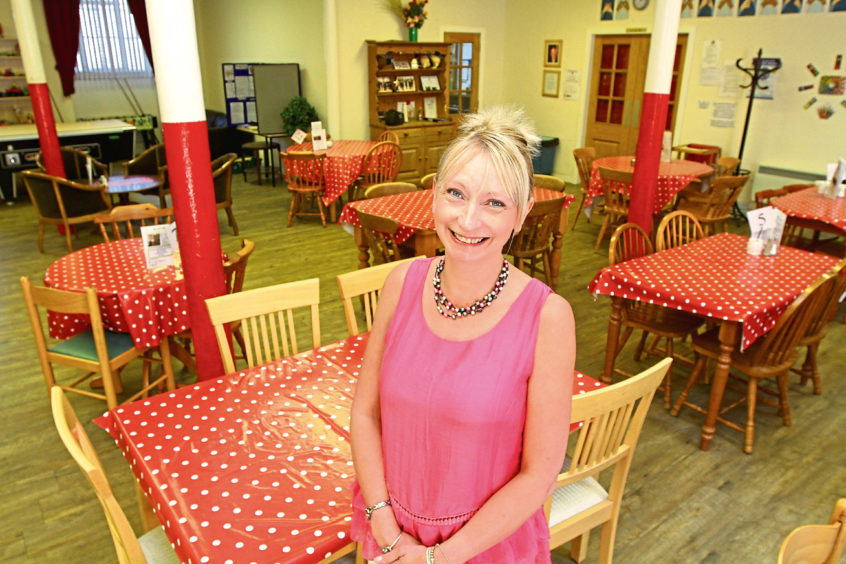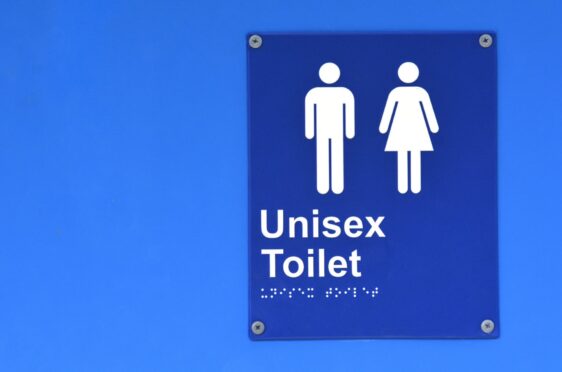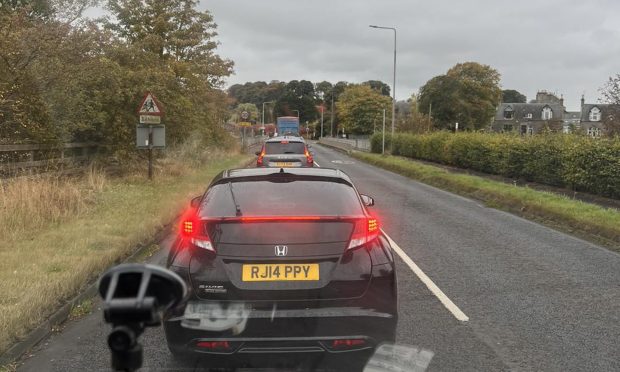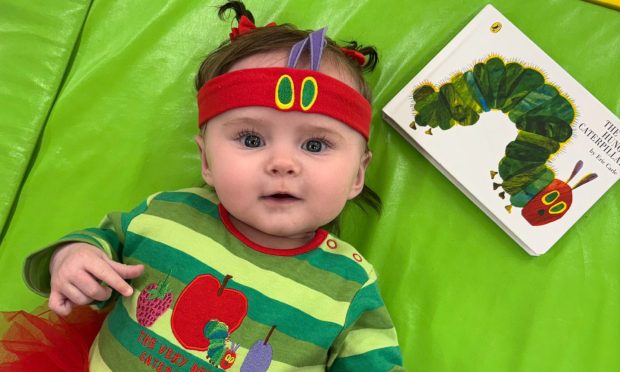Concerns have been raised that new obligatory guidance on the wearing of face coverings in schools could lead to deaf pupils becoming “socially isolated.”
From Monday, Scottish secondary school pupils will have to wear face coverings in corridors, communal areas and on school buses.
But local and national charities have sounded warnings that this could negatively impact pupils who are hard of hearing, leading to them becoming increasingly isolated from their peers.
Alana Harper, CEO of Dundee-based Deaf Links, said: “It’s a catch-22 situation. We know the virus is spreading amongst young people and obviously there are large groups of them in schools.
“But how do you mitigate the communication barrier experienced by those with a hearing loss? They are often isolated from their peer group anyway because it’s very rare for young people to have a knowledge of sign language so they can’t communicate with them.
“There may some young people that would make an effort to try and speak to those who are hard of hearing but if they have a face covering on then they won’t know what they are saying.
“This further isolation is certainly concerning.”
These concerns were echoed by Liam O’Dell, campaigns lead at Scottish charity Deaf Action, who claimed the new guidance was creating “preventable barriers” to communication.
He said: “Without the right support in place, the Scottish Government’s new guidance risks isolating a whole generation of deaf students, creating preventable barriers to communicating with friends and teachers.
“At a time when pupils are already facing exceptional challenges as a result of this pandemic, it is not right that deaf children and young people must face another hurdle when it comes to everyday conversation.
“There is a solution. The Government must launch a public awareness campaign on the communication needs of deaf people, and invest into the provision of transparent masks. Only then can conversations with deaf young people be as clear and safe as possible.”
“How do you mitigate the communication barrier experienced by those with a hearing loss? They are often isolated from their peer group anyway because it’s very rare for young people to have a knowledge of sign language so they can’t communicate with them.
Alana Harper, CEO of Dundee-based Deaf Links
Concerns over the isolation of those living with hearing loss have been increasing during the pandemic, with one recent report by Deaf Scotland showing that people affected by deafness have found themselves left out of society due to the Covid-19 pandemic.
Additionally, a survey carried out by non-profit organisation Ideas for Ears revealed that 45% of deaf people surveyed worry that face coverings will make them more isolated, with a third (33%) fearing it will reduce their independence.
These anxieties have led to an increase in demand for the services organisations like Deaf Links provide but campaigners are also urging the wider public to understand that they can play their own part in helping those who are struggling with hearing loss.
VIDEO: Dundee deaf charity involved in mental health awareness videos
Ms Harper added: “Over the lockdown period we have experienced an immense demand for our services, more so than normal and if you add in the school situation, it’s tough for young people.
“But I would say people should try and be mindful of those who may have a hearing loss. They won’t be able to lip read so try to include them and use gestures or facial expressions to help communicate.”
“We are getting left behind”
Fife schoolgirl, Layla Cooke is one of the 1,000,000 people across Scotland living with hearing loss.
The 15-year-old, who runs a popular Twitter account promoting British Sign Language, has struggled during the lockdown and has been unable to return to school since the restart.
Her mum Suzy said: “Her anxiety is through the roof. We are trying to work with the school to see if Layla can get back maybe around October time but with the new rule, that is leaving her with a lot of questions.
“She feels isolated enough with her peers as she can’t keep up with the conversation but now face masks have become mandatory, she’ll definitely not be able to join in.
“We feel this is another barrier in getting Layla back to school and we are getting left behind.”
Suzy hopes there will be more guidance on how pupils like Layla will be supported in schools now that face coverings have become mandatory but is worried not enough is being done.
She added: “It’s a bit of nightmare. There are a lot of unanswered questions, how are the school going to meet Layla’s needs, for example? There is very little support.
“The guidance is changing so often as well, we don’t know what is happening.”
A Scottish Government spokesman said: “We don’t underestimate how difficult it has been to adapt to the necessary changes to protect against the spread of the virus, particularly for young people, and the guidance specifically addresses the need to consider if asking pupils to wear a mask will disadvantage those with hearing loss or additional support needs.
“It can also be important for young people learning English who may rely on facial cues to involve them.
“See-through face coverings are increasingly available and offer a solution where other mitigations are not possible and Scotland Excel have informed councils that these coverings are available through them.”
